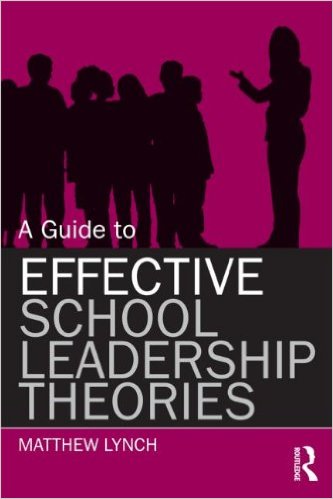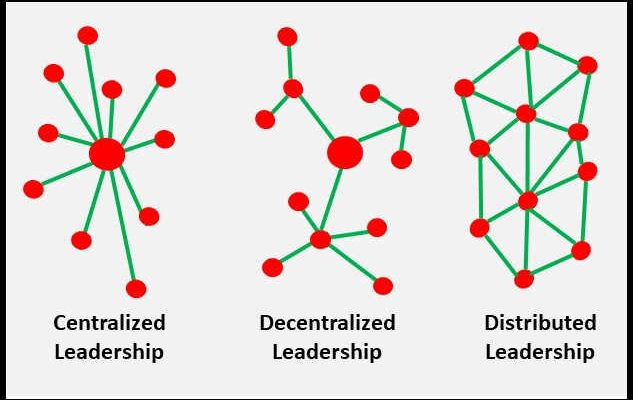The Eight Principles of Ethical Leadership in Education
While there has always been a requirement for ethics in leadership, the last hundred years have seen a shift in the paradigm of leadership ethics. Leadership for the 21st century is grounded in moral and ethical virtues, but the challenge is to define what exactly moral and ethical virtues are and how they should be measured and implemented. What qualifies as ethical in the educational context? What character traits are associated with ethical leadership? What is the application of leadership ethics within the U.S. school setting?
George Marshall’s Eight Principles of Ethical Leadership offer a strong scaffold for administrators who seek guidance on how to implement ethical practices in their schools. These principles add to the significant conversation about ethical leadership happening within the educational community, and in fact across the public domain. Ethics are a key domain in public administration, in particular, the school setting thanks to the vast number of schools in the United States, their community integration, and their importance for society as a whole.
Read on to learn about how the Eight Principles of Ethical Leadership can be effectively applied to the school environment.
- Personal Courage – While it seems that the challenges that schools are facing increase by the day, it’s still the case that in order to create a positive educational environment, administrators must be willing to stand up against policies that they feel are not helpful for their students, rising against both local, state and national interests as needed. Dissenting opinions are must essentially be expressed, even in the face of the administrators own superiors.
- Public Interest Ahead of Self – What is best for students and staff must be placed ahead of the needs of the individual leader. In this case the public interest is understood to be the interest of the school community, and the stakeholders therein. Their opinions and needs should always precede the self interests of the school leader.
- Self Control, Self Discipline and Integrity – All types of leadership essentially include these three traits in order to be considered ethical . Followers in the wider community look to leaders in all capacities, and as such, it’s necessary for leaders to be a positive role model and force in the lives of the stakeholders. Relationships between leaders and followers should not rely too heavily on trust, but rather should be built on mutual respect and ethical actions.
- Task and Employee Centeredness – School leaders must create a foundation of success that draws from the strengths of the teachers and staff who interact with students. Successful school leaders focus on both the needs of students and the needs of staff when they make decisions. The key is balancing energy between the current task while also creating unity by building on the varied needs of students and teachers.
- Recognizing Talent – Ethical leaders recognize the talent of their followers. This means that administrators identify both staff and students who display the qualities of excellence and then go on to recognize and promote those individuals in ways that create goodwill among all of the members of the school community. The other side of recognizing talent is maximizing it – so placing people where they’re talents are most useful to everyone. This affords opportunities to both individuals and to the organization as a whole.
- Requiring High Ethics From Everyone – Administrators need not only concern themselves with their own ethical standards but also with the ethical standards of others in their organization. That includes not only teachers and staff, but extends to students and parents. These standards must be communicated clearly and enforced without exception in order to be effective.
- Sensitivity and Understanding – This applies to the political, social and economic environment of the stakeholders in the school settings. Sensitivity and understanding are necessary in order to practice equity among members of the school community. One of the most challenging areas of the ethical picture, this practice must be implemented through educational as well as institutional policies.
- Inclusiveness – A sense of belonging is key to gaining trust within an organization, and trust a driving factor in success in any context but most especially within the educational context. Inclusiveness requires that all stakeholders be brought into process of making and implementing decisions. Consideration of, and respect for, members of the organization has been shown to motivate followers and lift morale, thereby increasing school performance and effectiveness.
When school leaders follow these eight points of ethical consideration, they are far more likely to gain a higher degree of success in their school environment. Schools are uniquely charged with not only affecting the people who walk through their doors every day, but the transitory nature of the population means that administrators and staff have that much more of a responsibility to execute their jobs ethically. Solid ethical practices are inspiring to followers, earning respect for instructional authority and leading by example.




